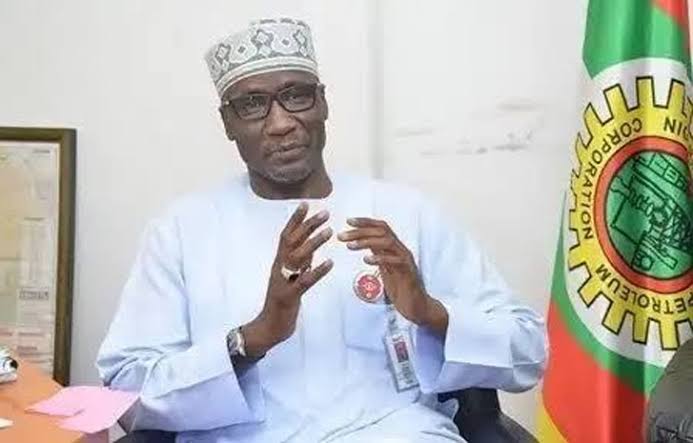Nigeria will stop the importation of Premium Motor Spirit (PMS), popularly known as petrol, when the Petroleum Industry Act (PIA) comes into full effect, and when the Dangote Refinery kicks off operations.
The Group Managing Director of the Nigerian National Petroleum Corporation (NNPC), Mele Kyari, disclosed this on Wednesday in Abuja.
He made the disclosure when he appeared before members of the House of Representatives Committee on Finance during a hearing on the 2022-2024 Medium Term Expenditure Framework and Fiscal Strategy Paper (MTEF/FSP).
Representatives of the Fiscal Responsibility Commission (FRC) present at the hearing informed the lawmakers that the NNPC has been declaring losses since 2018, but a substantial surplus in 2019.
While responding to questions on the Dangote Refinery, the NNPC chief justified the Federal government’s equity share in the plant.
He explained that taking equity in Dangote Refinery was well thought out, saying the country now has a venture that would ensure the production of millions of litres of petrol in the country.
“Our decision to take equity in the Dangote Refinery was a very calculated and conscious decision,” Kyari said. “Today, we import 100 per cent of our petroleum products into this country.
“You now have a venture that will produce close to 50 million litres of petroleum product in this country where energy is an issue in every country, including the United States of America; no country will allow any venture of this nature to exist without having a seat on the board of the company.”
He, however, informed the lawmakers that the President of Dangote Group, Aliko Dangote, was not keen on the part of the agreement which stated that Dangote Refinery must buy Nigeria’s crude oil.
The NNPC chief disclosed that the corporation borrowed funds from the Afreximbank to pay for the stake in Dangote Refinery.
Allaying fears that this would affect the nation’s assets, he stated that the government has not abandoned the country’s refineries and was in the process of rehabilitating them.
Kyari also briefed the lawmakers on the issue of smuggling, as well as the committee set up and the recommendations that the NNPC should set up petrol stations in neighbouring countries to address the problem.
He believes this is not the solution, as no smuggler will buy at above Nigeria’s official price.
The NNPC chief said the corporation was engaging with the government of the Niger Republic on the establishment of fuel stations, but he was mindful that this may be a bad business and ultimately not a solution to the problem of smuggling petroleum products.
Responding to a question about trucks smuggling fuel out of the country daily, he insisted that everyone on the value chain had been compromised.
